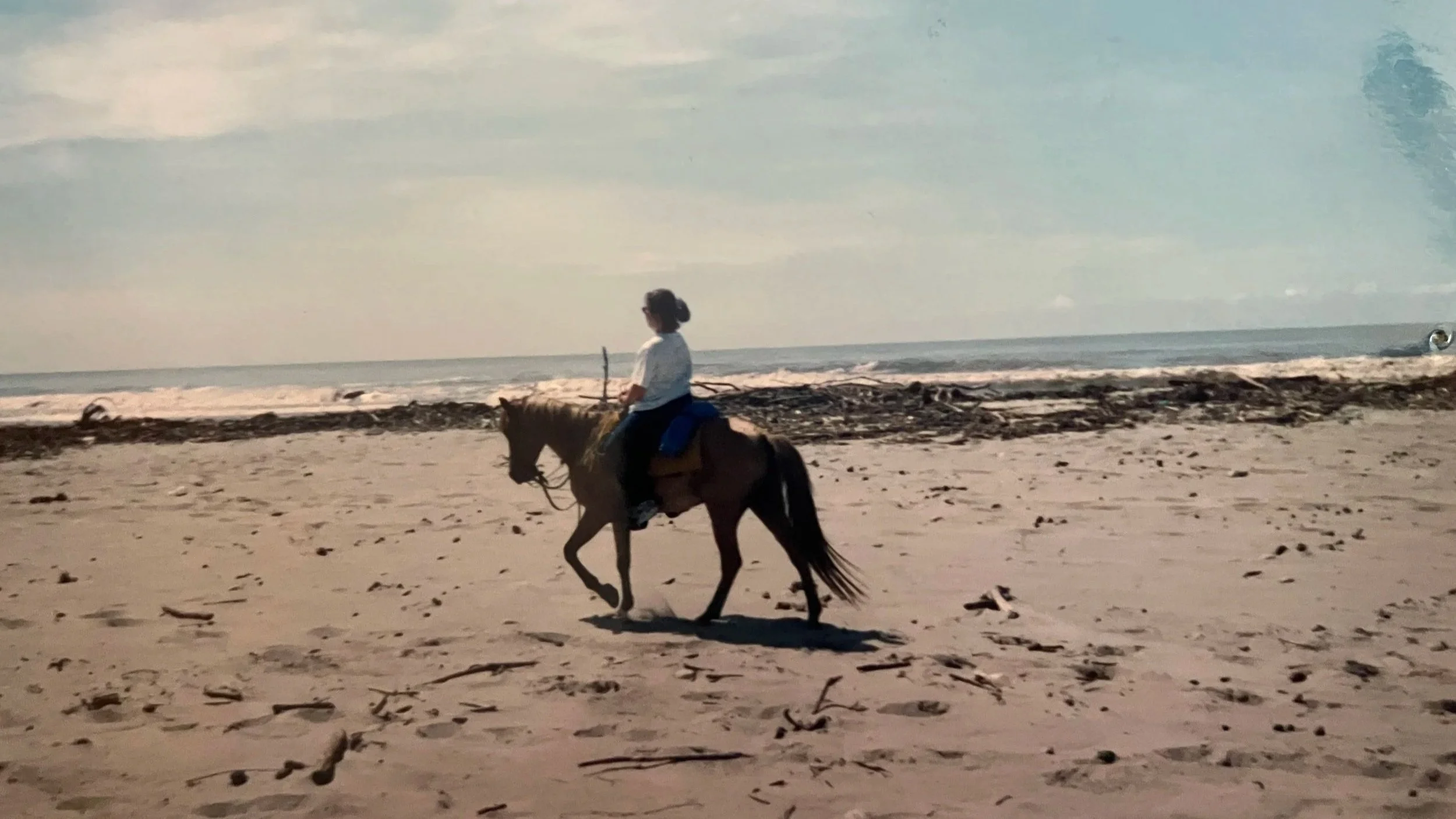
TAMARA KAY, PhD
TAMARA KAY is the Andrew W. Mellon Chair and Professor of Sociology at the University of Pittsburgh. She works on issues of trade, labor, social movements, globalization, culture, organizations, and global health (including reproductive health and rights).
Professor Kay is also Co-Editor with Professor Susan Ostermann of Studies in Comparative International Development, a leading interdisciplinary journal on economic development.
She began her academic career at Harvard where she was Associate Professor of Sociology and Co-Director of Harvard's Transnational Studies Initiative. She also taught at the University of New Mexico. Dr. Kay received her Ph.D. from the University of California, Berkeley in 2004, and spent two years as a Post-Doctoral Fellow at the Center for U.S.-Mexican Studies at the University of California, San Diego.
Her work engages two primary areas: transnational political economy, with a focus on labor and social movements, and; transnational culture, centered on how cultural processes work in a globalized world. Her research has been supported by the National Science Foundation, the Andrew W. Mellon Foundation, and Harvard Medical School, among others.
Copyright note: Tamara Kay owns the copyright to all photos of her and her work on this website. They may not be reposted or used in any way without her written permission.